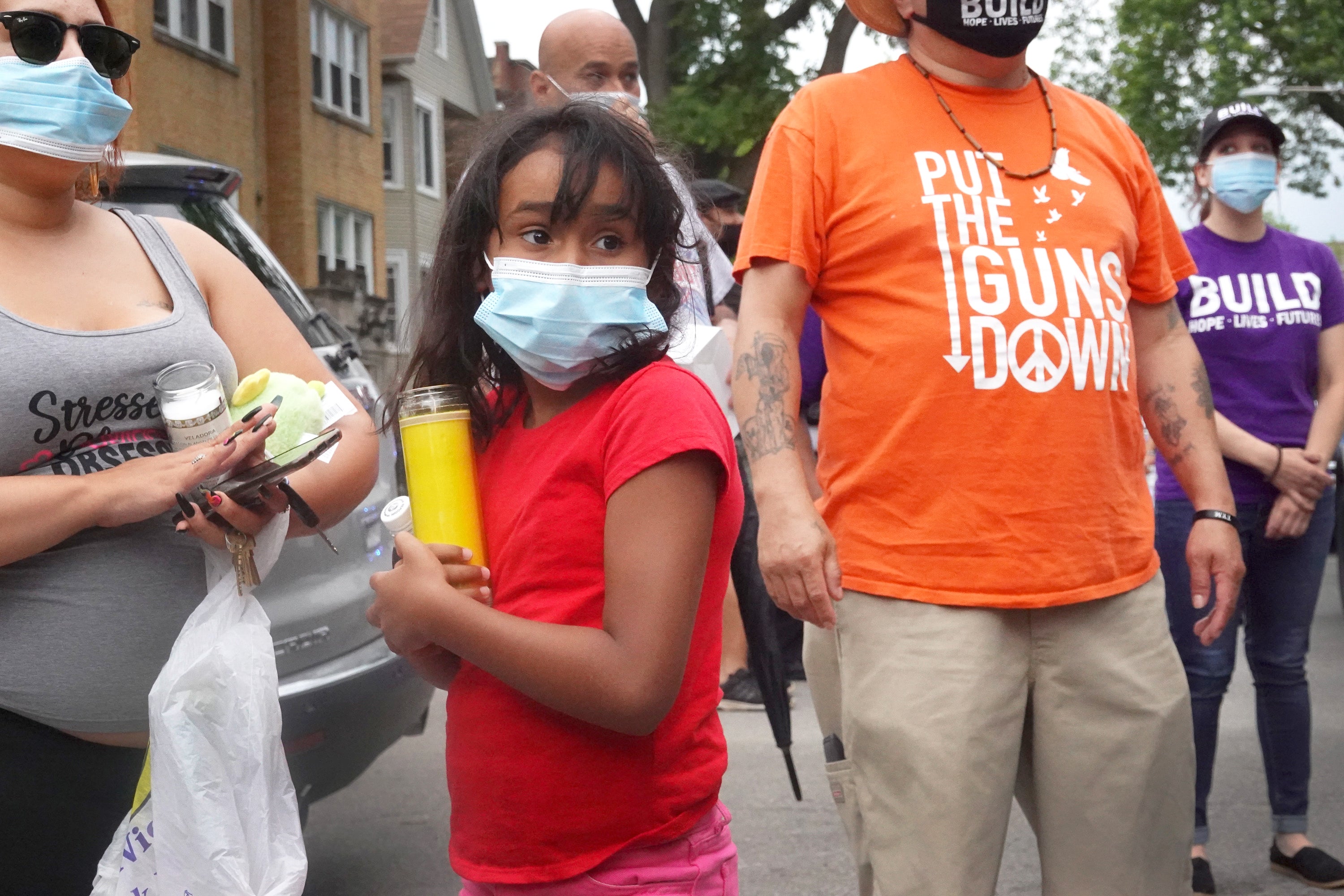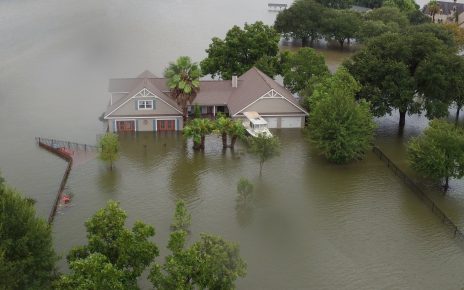
This week, the U.S. House of Representatives will likely vote to approve the American Rescue Plan, the final step toward sending COVID-19 legislation to President Biden’s desk. As the Biden administration works with states and cities to implement the bill over the coming months, they shouldn’t pass up the opportunity to combat the pandemic’s companion public health crisis: gun violence. National progress on firearm safety has long proved elusive. But there are evidence-based strategies that can address the types of gun violence coronavirus has exacerbated—and President Biden should press states and cities to use funding from the American Rescue Plan to implement them.
In 2020, more Americans died from gun violence than during any previous year on record—a spike directly attributable to the pandemic. So, while the country recently mourned the grim milestone of 500,000 coronavirus deaths, in truth, the virus’ ripple effects have been much larger. During COVID, victims of domestic violence have been stuck at home with their abusers; increased stress and unemployment has led to higher risk of firearm suicide; young people have been disconnected from schools and social supports; and burnout among violence-intervention workers has impeded their ability to deescalate conflict. These combined factors, along with record-high gun sales, have created a perfect storm. Homicides rose by 50 percent or more in over a dozen cities in 2020, suicides increased nationwide, and even mass shootings rose by 50 percent compared to 2019 despite widespread lockdown orders.
Much like the virus itself, the devastating toll of gun violence disproportionately impacts communities of color. Black Americans experience nearly 10 times the gun homicides, 15 times the gun assaults and three times the fatal police shootings of white Americans. In Chicago for example, Black and Latinx residents made up 97 percent of the city’s shooting victims in 2019, despite each comprising approximately 30 percent of the city’s population. These stories often get lost in the unbalanced media coverage that often happens around mass shootings.
The vast majority of Americans, gun owners included, support taking action to address gun violence, and similar to President Biden’s rescue plan—which also has high levels of bipartisan support—the Biden administration should not allow partisanship to stand in the way of addressing a pressing public health issue. The good news is they don’t have to. Evidence tells us that by scaling interventions that support social and mental well-being, we can reduce gun violence. The American Rescue Plan will provide states and cities the flexibility to do exactly that through the use of “state and local recovery funds.” President Biden should use his bully pulpit to push them to do it.
Evidence-based gun violence prevention strategies are already having an impact in cities across the country. In Chicago, community violence intervention programs like READI Chicago and Chicago CRED identify men most at risk of gun violence involvement and connect them with paid transitional jobs, counseling and supportive services. Data from the University of Chicago Crime Lab suggest READI participants are considerably less likely to be shot or killed, and in the Roseland neighborhood of Chicago, where CRED has operated for the last four years, shootings dropped 33 percent in 2020 despite a citywide spike in shootings of 50 percent.
Another promising intervention focuses on reaching high-risk individuals recently admitted to a hospital for treatment of a violent injury. Much like COVID, gun violence is contagious, allowing it to compound and to devastate vulnerable communities. Exposure to gun violence—being shot, shot at or even witnessing a shooting—increases the probability a young person will be involved in violence within two years. Hospital-based violence intervention programs seek to stem the spread of gun violence by screening patients to identify those most at risk and connecting them with trained, culturally competent case managers. An evaluation of one such program in Baltimore found an injury recidivism rate of 5 percent for participating patients, compared to 36 percent for nonparticipants.
When Congress passed the CARES Act in March, some cities used state and local COVID-19 relief funding to support gun violence intervention programs, including Grand Rapids, Mich., and Baton Rouge, La. The American Rescue Plan will provide flexibility for states and cities to do the same. President Biden should champion such efforts, helping to ensure programs are scaled throughout the country and sending a signal that stemming the spike in gun violence is a public safety priority, a racial justice priority and a public health priority.
To be sure, funding gun violence intervention programming is not a replacement for passing legislation to improve firearm safety, or for the array of powerful executive actions President Biden can take on his own. But as America begins to build back from one public health crisis, it’s a critical start to begin addressing another.
This is an opinion and analysis article.



-464x290.jpg)